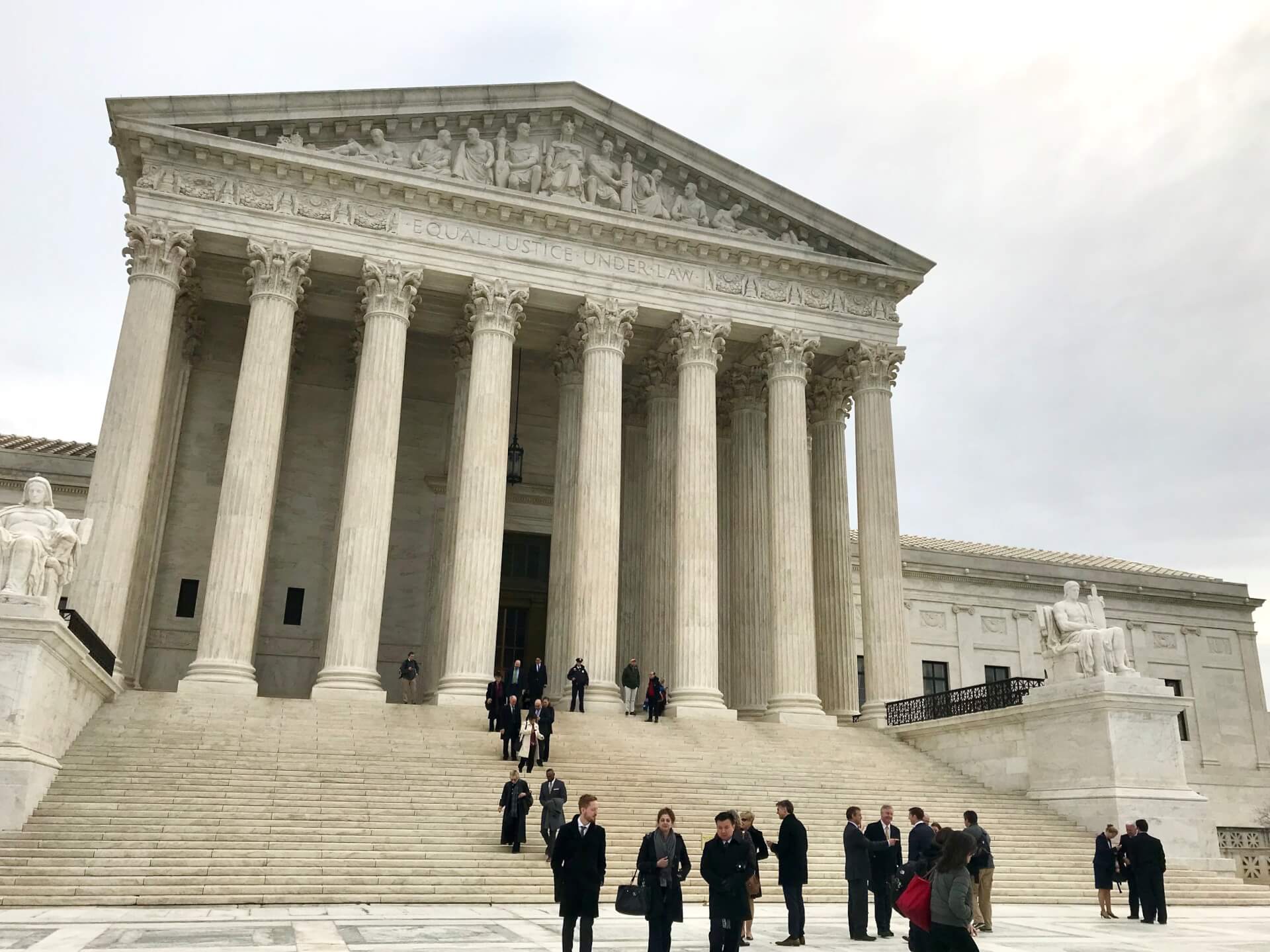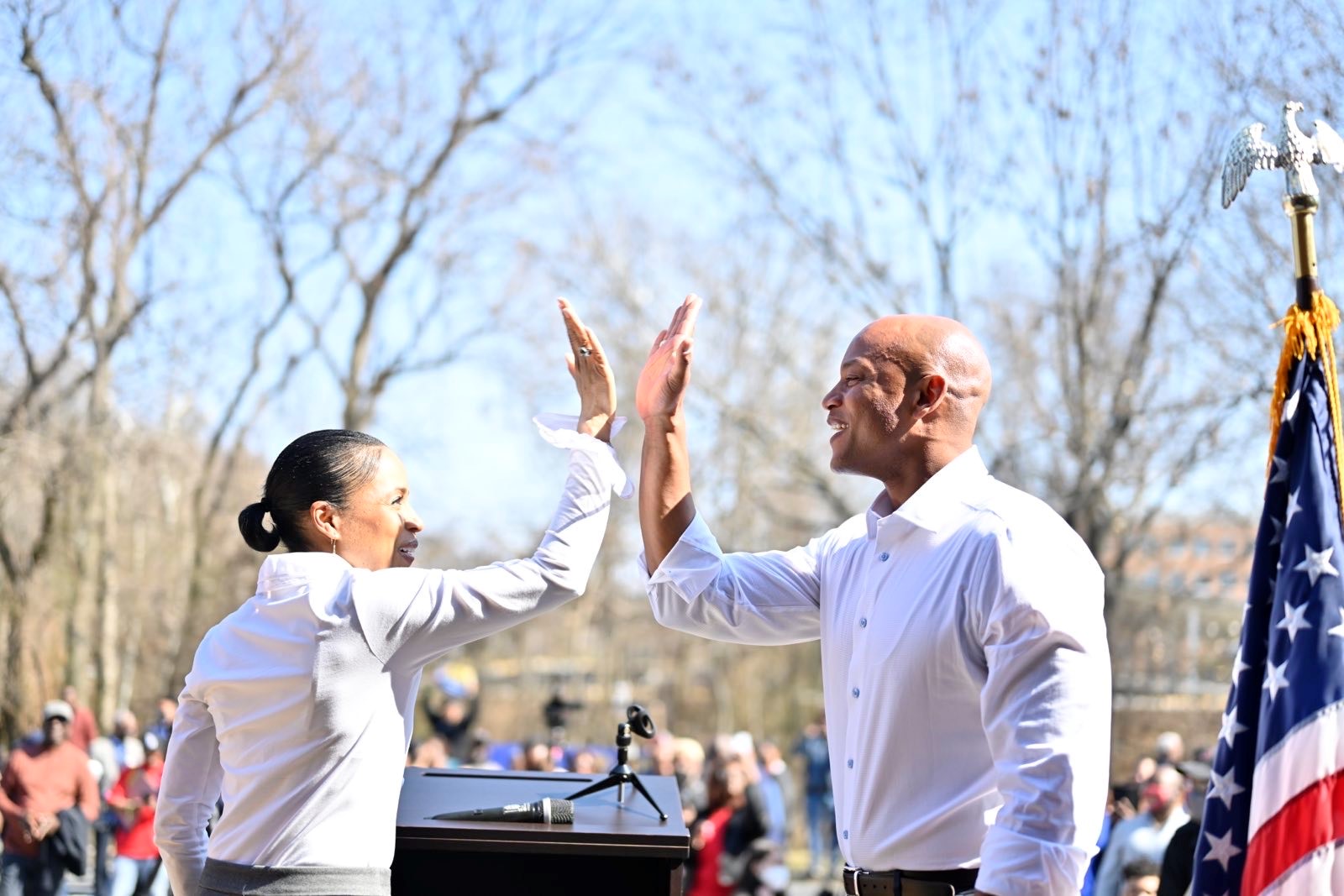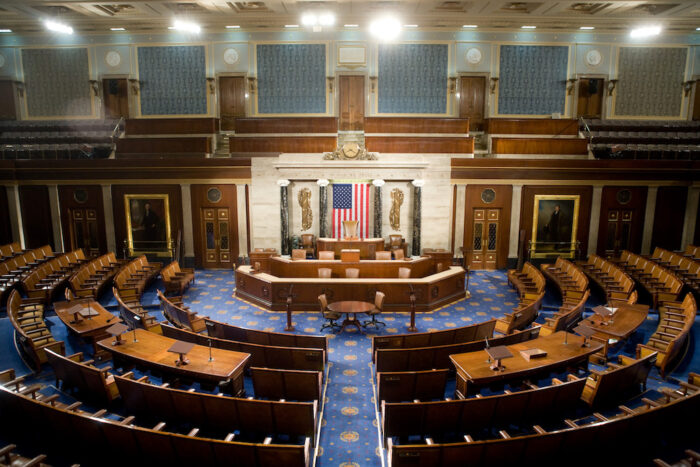Opinion: Could Supreme Court case give Md. Democrats greater license to gerrymander?

By Howard Lee Gorrell
The writer is a Maryland redistricting reform activist.
Today, Dec. 7, is traditionally known as the Day of Infamy, the anniversary of the bombing of Pearl Harbor in 1941.
The date could take on the moniker for other reasons as well.
With a letter from the marshal of the U.S. Supreme Court, I will enter the chambers at 10 a.m. Wednesday with an ASL interpreter for the Deaf, Carrie Quigley; the marshal has secured two seats for us for the oral argument in Moore v. Harper, in which the Court will decide the future of the redistricting process in the states.
Despite having no law background, this will be my third time inside the courthouse. The other two occasions were to listen to the arguments in the Maryland redistricting case, Benisek v. Lamone, on March 28, 2018, and March 26, 2019.
Outside will be a “National Day of Action” rally for political reformers starting at 9 a.m. Among those attending will be some members of the League of Women Voters of Maryland.
You might be puzzled that I was assigned two seats to Wednesday’s hearing, as I am not a lawyer and the Moore case is not directly related to Maryland redistricting. But my commentary this summer in The Fulcrum about the “independent state legislature” issue appears to have attracted some attention.
Independent State Legislature?
I had never heard of this concept until the Supreme Court granted the petition filed by Republican Timothy Moore, speaker of the North Carolina House of Representatives, on June 30. I’m not alone: A Marquette Law School poll from last week found that 70% of respondents have not heard anything or have not heard enough to form an opinion about the Moore case. (The Harper in the case is Becky Harper, a real estate agent and board member of the political reform group Common Cause North Carolina.)
In short, North Carolina Republican legislators (the petitioners) propose invoking the “independent state legislature” doctrine to overturn the Democratic-controlled state Supreme Court’s batting down of the GOP’s heavily gerrymandered congressional map. They have cited the Elections Clause outlined in Article 1, Section 4, Clause 1 of the U.S. Constitution, which reads, “The Time, Places and Manner of holding Elections … shall be prescribed in each State by the [state] Legislature thereof.”
The Supreme Court justices and their clerks have had to read 70 amicus curiae (“friend-of-the-court”) briefs on the topic, with 17 in support of the petitioners, 48 in support of the respondents, and five in support of neither side.
The parties and amici contest what some supporters call the independent state legislature “doctrine” and what opponents call the independent state legislature “theory.” For ease of argument, I’ll call it ISL.
The doctrine’s simple explanation for the redistricting process is to allow a state legislature sole authority to draw congressional districts without any oversight from state constitutions, state courts, or governors.
Using the word “theory,” these opposing writers argue that a state supreme court cannot overrule congressional maps redrawn by the state legislature. They have warned that a state constitutional ban on partisan gerrymandering does not matter, and that the ISL could nullify independent redistricting commissions. For example, in his July newsletter, U.S. Rep. Jamie Raskin (D-Md.) encouraged his constituents to read a briefing about the “independent state legislature” theory provided by the Brennan Center for Justice.
Petitioner’s argument
The petitioners argued such actions by state courts violate the authority of state legislatures under the above-mention clause (Under everyday English, it reads, “Article I, Section 4, gives state legislatures the task of determining how congressional elections are to be held.”)
So, the ISL watchers will find out if the case helps determine the limits of state courts’ ability to intervene on congressional election maps drawn by legislatures.
Because the most direct and immediate impact may come in redistricting, a topic the high court has been hesitant to address, several scholars and I believe the Supreme Court may issue a narrow final opinion in June. ISL applies only to redistricting, and this commentary covers the redistricting topic only (and does not include concerns over the presidential election, which may also come into play.)
Maryland representatives to the 1787 Constitutional Convention
To answer Virginia’s Federalist James Madison’s concerns about the excessive powers of the state legislatures, Anti-Federalist John Francis Mercer of Anne Arundel County asked his fellow delegates to the Constitutional Convention in Philadelphia on Aug. 14, 1787, “What led to the appointment of this Convention? The corruption & mutability of the Legislative Councils of the States.”
On that day, his anti-Federalist ally, Luther Martin of Somerset County, “rode from Trenton in the forenoon and had nearly fainted when he dismounted, on account of the heat,” according to Massachusetts delegate Elbridge Gerry’s letter to his wife. (In 1812, Gerry, then governor of Massachusetts, signed a redistricting plan to keep his political party in power. Thus he created the practice of “gerrymandering.”)
Before the signing day of Sept. 17, 1787, Mercer and Martin opposed the plan for a strong central government and showed their disapproval by walking out without signing the federal constitution. The other three representatives of the sovereignty of Maryland, James McHenry of Baltimore City, Daniel of St. Thomas Jenifer of Charles County, and Daniel Carroll of Montgomery County, signed their names to the freshly-inked United States Constitution.
These three Maryland signers were among the framers who did not trust state legislatures to run elections.
Impact on the Old Line State?
How could a Supreme Court ruling on the Moore case impact Maryland?
Former U.S. Attorney General Eric Holder, chair of the National Democratic Redistricting Committee, told the Associated Press on Sunday that the Supreme Court decision “could unleash a wave of gerrymandering from both parties.”
However, Samuel Wang, the former director of the Princeton Gerrymandering Project, pointed out that a ruling in favor of the legislatures would likely benefit Democrats more. He exclaimed, “If the Moore litigants win, … Maryland, where a second pro-Democratic map was overturned, would surely waste no time in restoring gerrymanders.”
Any more specifics?
The Maryland Democratic Party would be in the redistricting driver’s seat for decades more. Also, a decision favoring legislatures could prohibit any future Maryland governor from creating an independent and nonpartisan citizens redistricting commission.
Attorney General-elect Anthony Brown (D) has remained silent on the ISL issue, but he should prepare to face countless lawsuits related to ISL after the Supreme Court’s final ruling on the Moore case. The first case that comes up could be Szeliga v. Lamone, a challenge last year to the state’s congressional redistricting plan. Read Part III of Steve Shapiro’s Maryland Law Review article, “Will Szeliga v. Lamone Remain Viable After Moore v. Harper?” If Brown weighs in, which word will he use, doctrine or theory?
Please be aware that when Moore was a Republican in the North Carolina House minority, he introduced bills for nonpartisan redistricting. Soon he will be in the Supreme Court chamber to defend the Republican majority members’ right to draw election maps, which seems similar to what Maryland Rep. Steny Hoyer (D) did.
Meanwhile, joined by a ghost of Gerry, the spirits of the five Maryland originalists, Carroll, Jenifer, McHenry, Martin, and Mercer, are repeatedly reading “The Terminator” quote in former California Gov. Arnold Schwarzenegger’s brief to the Supreme Court. He wrote, “James Madison said: ‘You must first enable the government to control the governed; and in the next place, oblige it to control itself.’ These legislators want an uncontrollable government, and the Court shouldn’t give it to them.”
Additionally, as I wrote in an Open Letter to U.S. Sens. Ben Cardin (D) and Chris Van Hollen (D) last year, a ruling in the Moore case favorable to legislators would notably cut off avenues for redistricting reform nationwide.
In other words, as an advocate for establishing independent redistricting commissions in all 50 states, I regret to have to predict that even the existing commissions would then be invalidated, creating an even greater level of partisan rancor.




 Creative Commons Attribution
Creative Commons Attribution